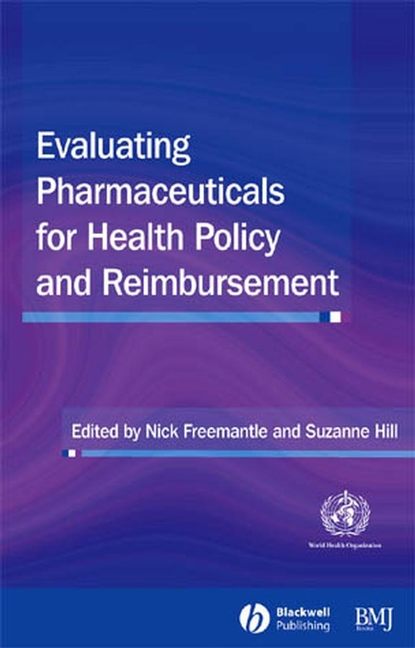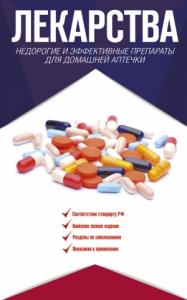
Evaluating Pharmaceuticals for Health Policy and Reimbursement скачать fb2
Nick Freemantle - Evaluating Pharmaceuticals for Health Policy and Reimbursement краткое содержание
“The challenge in all settings is to make the difficult decisions in a way that is defensible, justifiable, ethical, and equitable” So write Nick Freemantle and Suzanne Hill in their introduction to this important discussion on decision making in the reimbursement of pharmaceuticals. Based around a programme supported by the World Health Organization, chapters by leading academics involved in the research tackle such major issues as international pharmaceutical policy, tensions in licensing policies, priority setting, and relationships between the stakeholders. Chapters include Development of marketing authorisation procedures for pharmaceuticals Interpreting clinical evidence International pharmaceutical policy: health creation or wealth creation? Development of fourth hurdle policies around the world Economic modelling in drug reimbursement Priority setting in health care: matching decision criteria with policy objectives Tensions in licensing and reimbursement decisions: case of riluzole for amytrophic lateral sclerosis Relationship between stakeholders: managing the war of words Medicine and the media: good information or misleading hype? How to promote quality use of cost-effective medicines Using economic evaluation to inform health policy and reimbursement: making it happen and making it sustainable Pricing of pharmaceuticals Evaluating pharmaceuticals for health policy in low and middle income country settings. Besides the controversial issues there is a wealth of practical information including economic modelling and the experiences from the WHO programme, providing readers with workable examples. This is essential reading for clinical researchers in pharmaceuticals and policy makers everywhere.
Чтобы оставить свою оценку и/или комментарий, Вам нужно войти под своей учетной записью или зарегистрироваться



